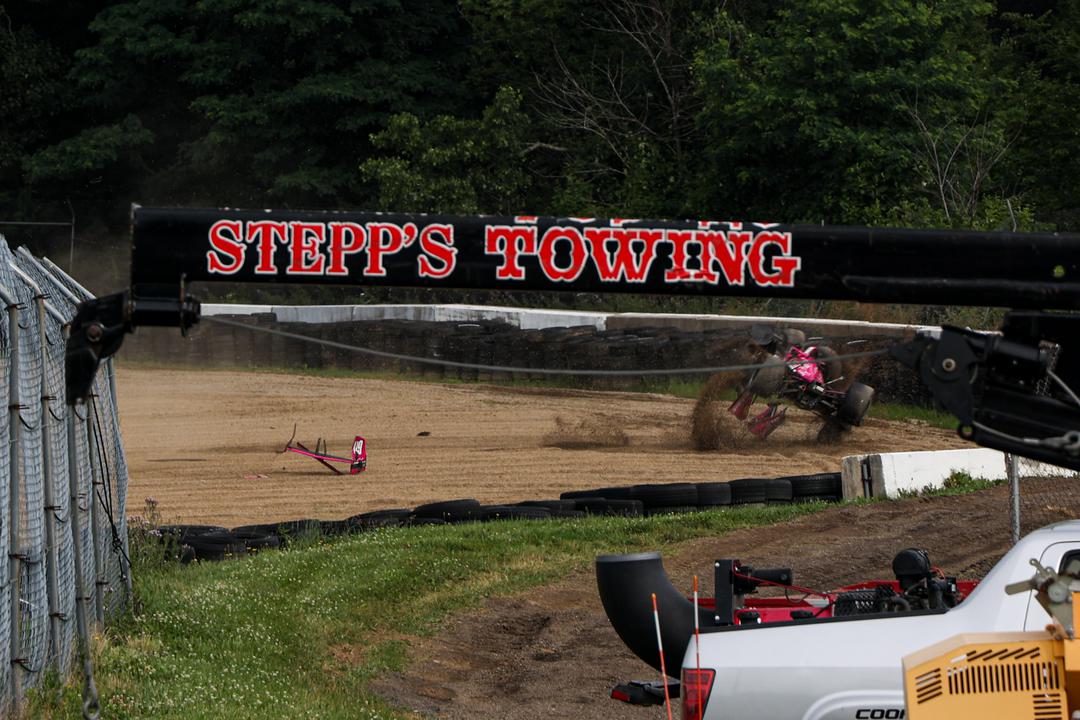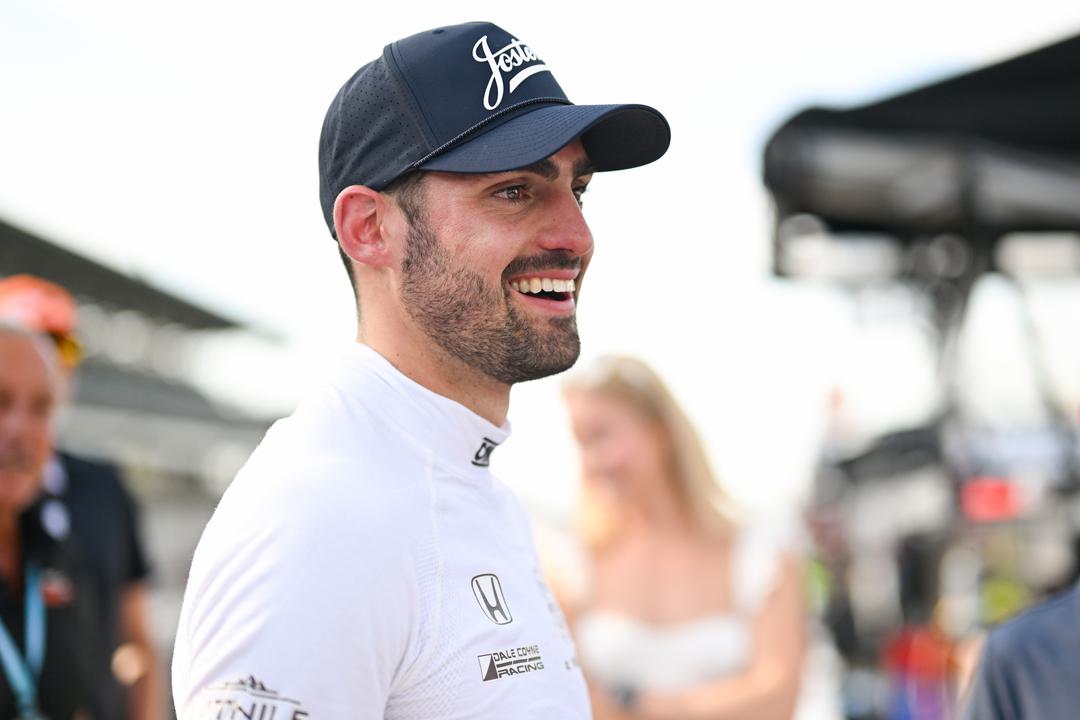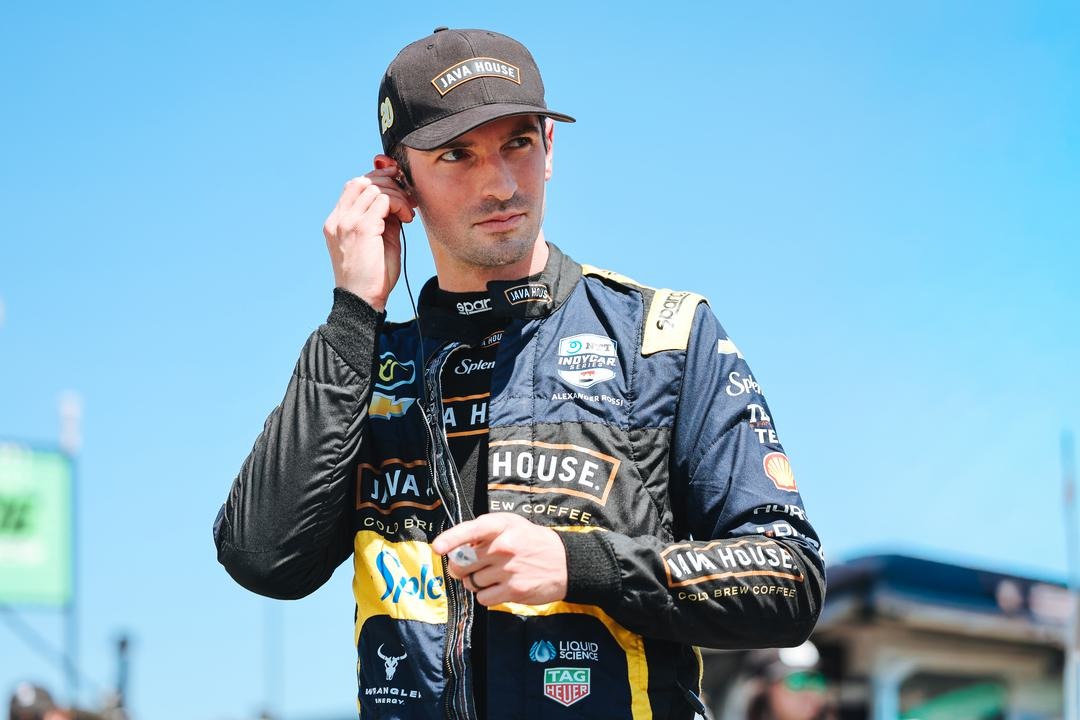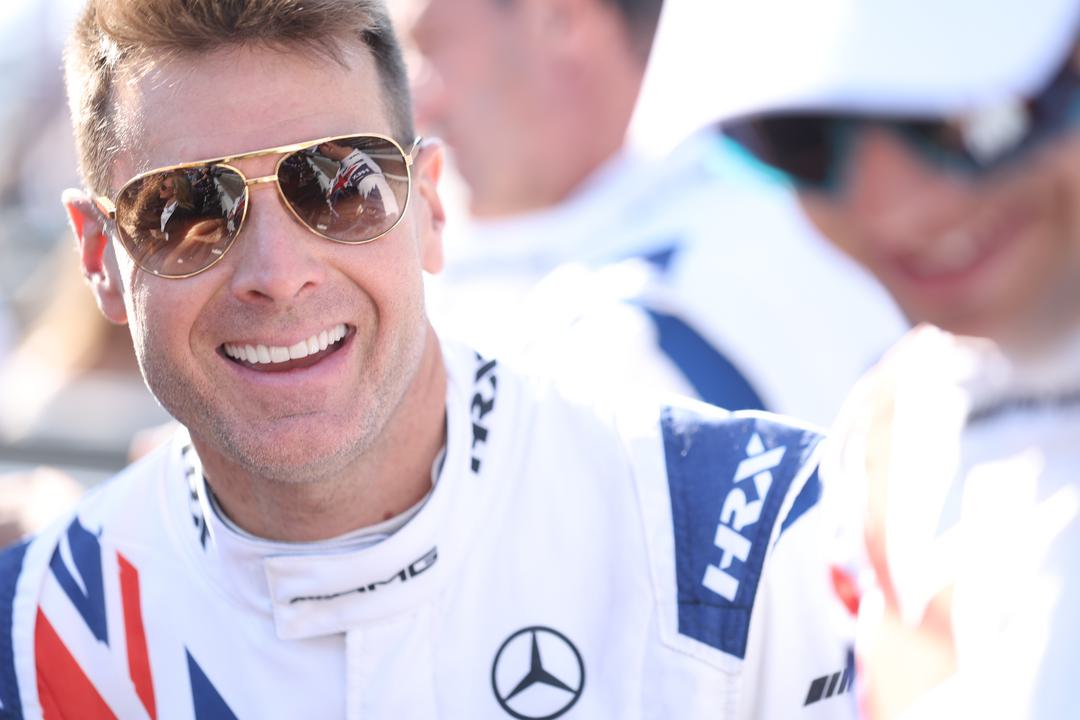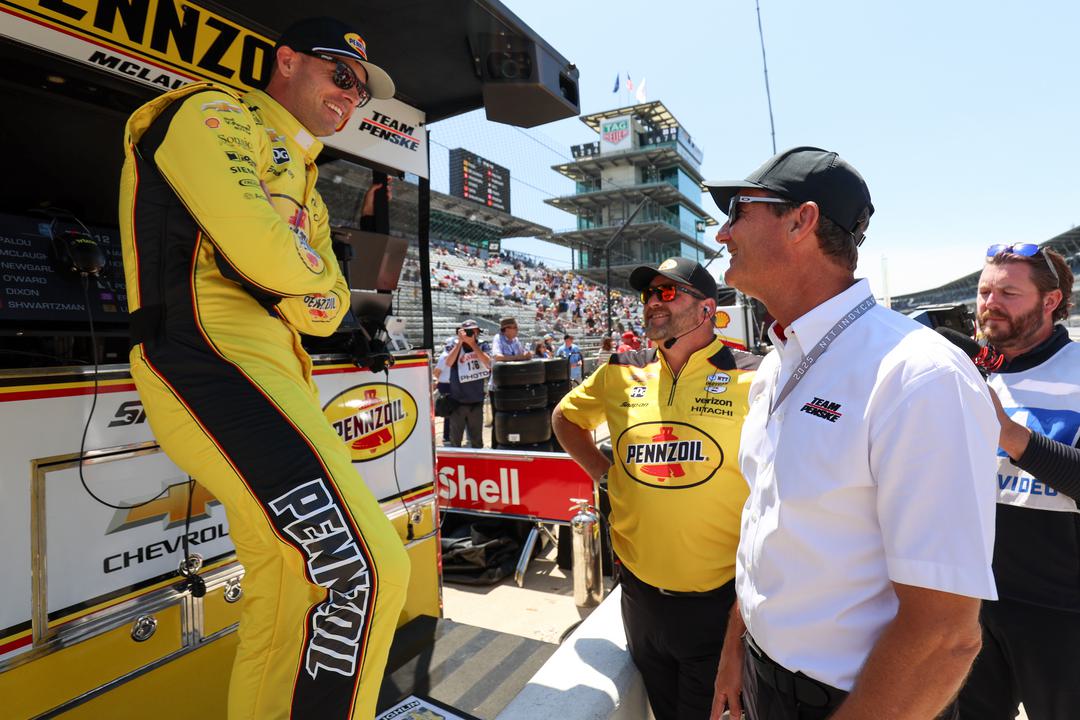When compared to other elite sports, motorsports have a greater risk of sustaining a concussion, and it was a topic discussed by Pit Debrief with IndyCar and WEC/IMSA drivers.. Research suggests the incidence rate for concussion in motorsport ranges from 6.3 to 25%.
This is something motorsports drivers are all too familiar with. In 2023, IndyCar driver Simon Pagenaud was injured in a crash that continues to cause concussion-related symptoms two years later.
Despite the risk, motorsports drivers are always eager to get back in the car. Pit Debrief asked current IndyCar and IMSA drivers how they handle building confidence after a serious crash.
Josef Newgarden: Drivers have an “innate ability” to block out fear
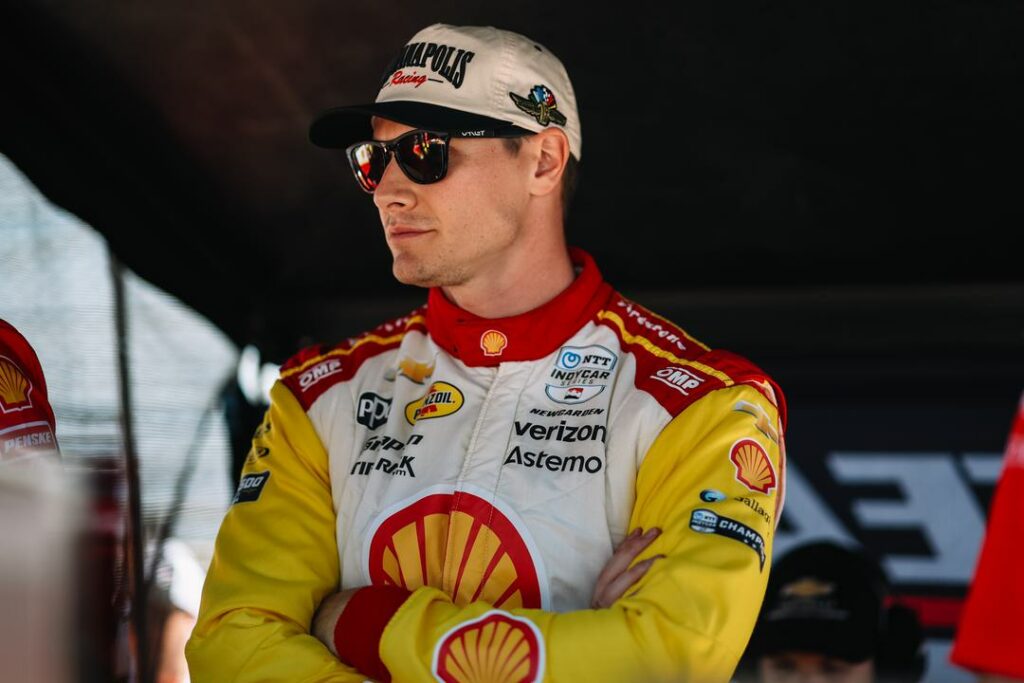
IndyCar driver Josef Newgarden believed that motorsports drivers have an “innate ability” to block out negative thoughts.
“I just think you have to have an innate ability to block out any sort of fear or emotional distress when you’re in the car, even after a traumatic injury. Now, that’s different for everybody, but there just seems to be something innate in professional drivers where they can block out the noise easier than others.
“It’s so hard to do this job if you can’t. You know, and if you’d ask, ‘Well, how do you train that?’ I don’t know how you train it, I really don’t. That’s why I say it’s something innate.
“You either have that ability or you don’t. It’s the best way I can put it.”
Will Power: “Rest and low stress” key to recovery
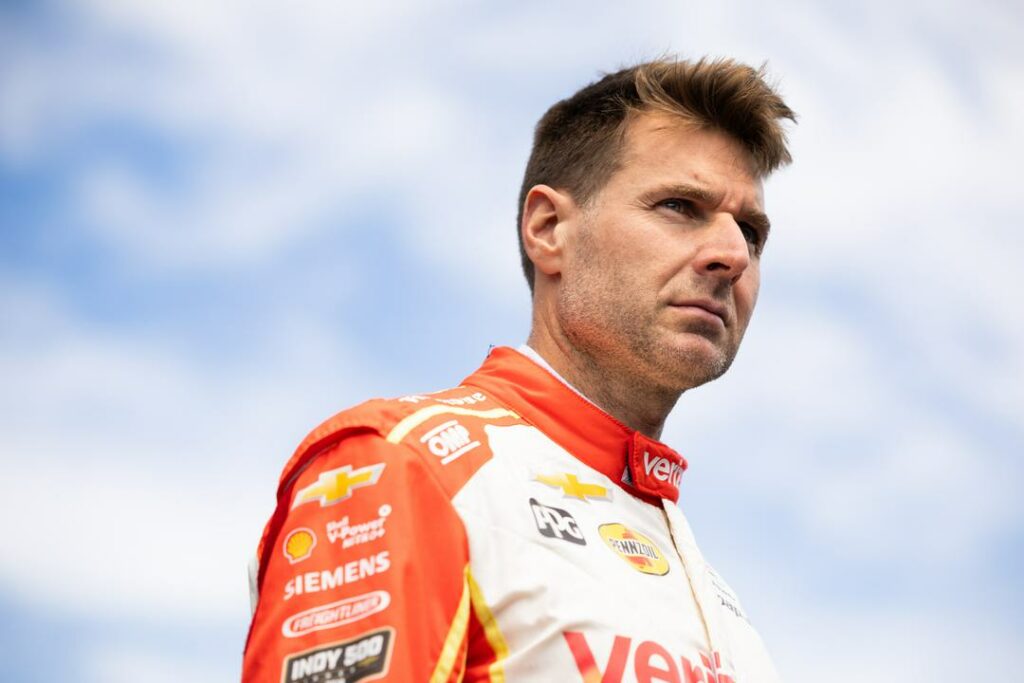
Newgarden’s teammate Will Power highlighted the importance of rest and recovery in overcoming an injury.
“Having had many hits and a few concussions, there’s nothing, nothing but rest will help you, to be honest. Nothing but rest and low stress, low noise. Yeah, sometimes the effects can come later as well.”
Jack Aitken: Drivers want to “get back in the car as soon as possible”
WEC and IMSA driver Jack Aitken discussed the challenges of recovering from an injury. There can be worries about the momentum of one’s career and being forgotten by the sport.
“I’ve never had a concussion from a crash, but I’ve had some bad crashes and also some big hits. When I had to take time off, there was always that thing of you have the crash, and then there’s a period where you think you can get back in the car as soon as possible, quicker than the doctor says, at least.
“But it’s also because the doctor says it’s going to be three, four weeks, and you’re like, ‘I’m an athlete, it’ll be two weeks.’ It can be true sometimes, but you also never know. And then if the timeline gets extended, you have this reality kicking in, and it can be a bit depressing because you already spend a lot of time at home or in bed.
“And then it’s like, okay, the journey isn’t finished. I need to wait even longer. And how long is it going to take? And it’s not that I’m getting better every day. Sometimes it’s getting worse.
“And that’s quite hard to deal with because for us, if you’re spending time away from the track, you lose momentum in your career, and you get paranoid that people forget about you, that the results are not really there anymore. ‘Will I be as quick when I go back?’ All of that stuff is just causing a mess.
“And then, of course, when you go back, nine times out of 10, it’s completely fine. You forget about it and you just start driving like you used to.”
Crashes can change a driver’s perspective on “risk management”
Aitken stated that some accidents have changed his perspective, making him more aware of the risks when driving.
“I have to say there’s been one or two crashes that did change a little bit my outlook on driving, my risk management, because naturally the brain has a bit of self-preservation.
“So if you’re put in the same situation again, you can flinch sometimes. But generally, I think athletes and drivers are pretty good at just forgetting about it and going again. Nine times out of 10. Most of the crashes, we don’t even think twice.”
The Cadillac driver further highlighted how fixating on the risks of driving can be detrimental to a driver’s performance.
“If you start to ask, like, ‘What if?’ The most dangerous question you can ask is, ‘What if the car fails now? What if there’s oil on the track?’
“You can wrap yourself into a million scenarios where it’s out of your control and could end really badly. Of course, it could happen, but it’s the end of your career if that happens.”
Filipe Albuquerque: Championship loss more “painful” than injury
Aitken’s teammate Filipe Albuquerque spoke about a time when he injured himself from a crash. It took him six months to return to his baseline level of functioning.
“I never had a concussion. Although I did hit hard a wall once. It was pretty brutal. But to me, even if I was trying still to get back on the track. When I saw the wall, it was just too late, and I really, really felt like, ‘This is going to hurt.’ It actually hurt, so I went to the hospital.
“It was just like a muscle that got twisted around. And it took me actually like six months or something to get back to completely normal. I could not sleep with my belly down.”
Albuquerque stated he didn’t even think about his crash when he jumped back into the car. He was more upset about losing the championship.
“It was like a little bit holding on there. But it was interesting because it was in the winter, so I just jumped in the car again, and I didn’t remember about it. So I just went flat out again, which was good.
“But what was painful was because we were fighting for the championship, and that thing was what hurt me the most in the winter. And I think it’s the feeling of failing and not succeeding, letting the team down when an accident happens.
“I think that feeling was the one that killed me the most, than being afraid of crashing again or not, to be honest. And I’m glad it’s like this, because then it means that I’m not afraid of doing what I’m doing.”
Albuquerque reflected on his teammate’s comments, agreeing that drivers perform better when they don’t worry about the consequences of a crash.
“I think it’s what keeps us forgetting and being unconscious of being afraid or dangerous of the sport. It’s what keeps us on the game. Because if we start thinking, normally it’s when we start losing it, the speed. So you need to be committed. And if you hesitate, it’s the beginning of the end of your career.”
What does this mean for motorsports?
Motorsports drivers are well aware of the risks that come with their sport, including the potential for injuries. They also recognize the importance of proper recovery before returning to the car. As such, motorsports organizations must not only understand the medical risks associated with concussions but also consider drivers’ attitudes toward injury when developing recovery protocols.
Innovations like IndyCar’s redesigned headrest exemplify how changes in equipment, education, and policy can reduce the risk of concussion in motorsports. Overall, organizations that take steps to support driver well-being will be most beneficial to the future of the sport.

